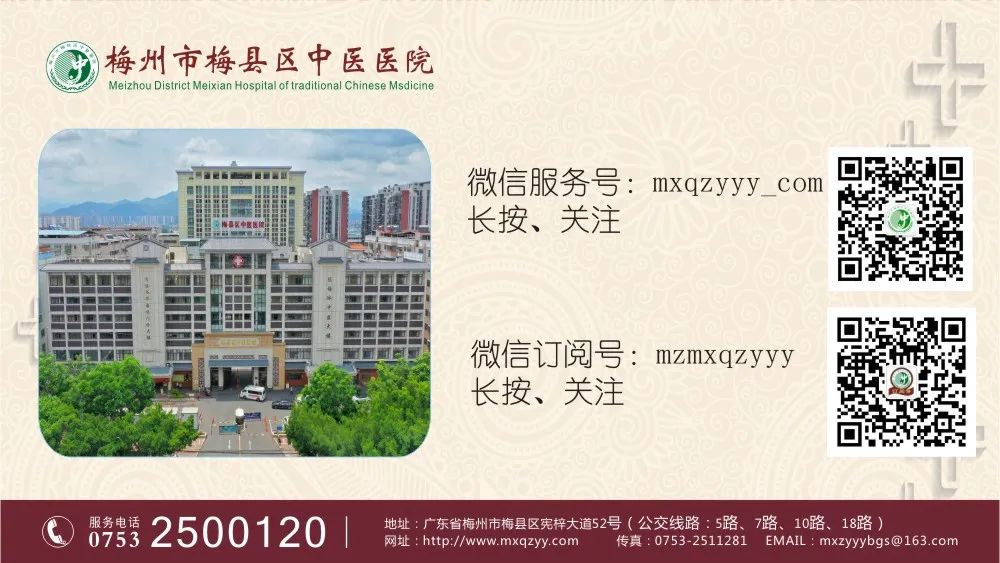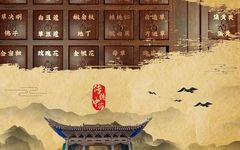The famous physician of the Qing Dynasty, Xu Lingtai, said: “The effectiveness of a treatment depends not only on whether the prescription is appropriate for the disease, but also on the method of taking the medicine. If the method is incorrect, it may not only be ineffective but also harmful; this is something that must be understood.”
From this, it is evident that the effectiveness of taking Chinese medicine depends not only on whether the prescription is suitable but also on the method of administration. This can be specifically understood in terms of timing, dosage, and temperature of the medicine.
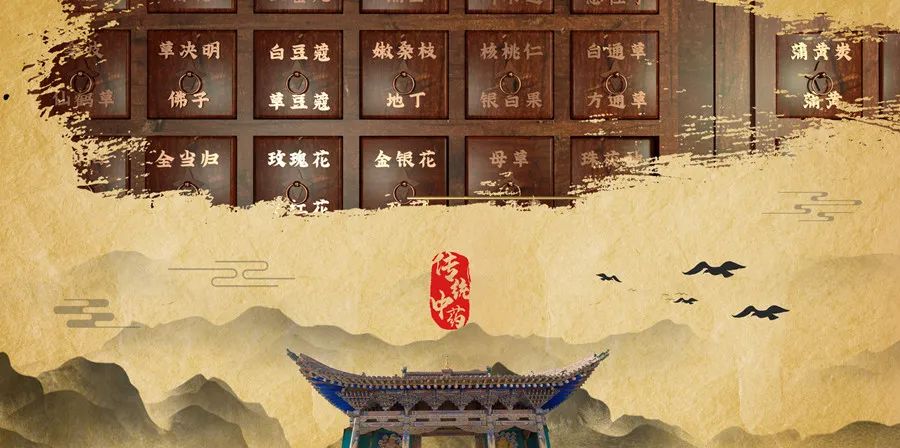
1. Timing of Administration
Chinese medicine decoctions are a commonly used form in TCM, and choosing the correct timing for taking the medicine greatly enhances its efficacy. So, how should the various times indicated on the prescription be understood?
1. Taking Medicine on an Empty Stomach in the Morning
In the morning, it is advisable to take tonifying medicines, especially those that tonify kidney yang, before breakfast to facilitate the full absorption of the tonifying herbs. Medicines for treating blood vessel diseases in the limbs should also be taken on an empty stomach to allow the medicine to quickly enter the gastrointestinal tract and maintain a high concentration for rapid efficacy. Diuretics and emetics should also be taken on an empty stomach in the morning.
2. Taking Medicine in the Afternoon
In the afternoon or at night, it is advisable to take purgative medicines (such as Da Cheng Qi Decoction). Purgative medicines should be taken after the hour of Si (11 AM to 1 PM) as it is the time for Yin. Other practitioners also agree that purgative medicines should not be taken in the morning.
3. Taking Medicine Before Bed
This generally refers to taking medicine 15-30 minutes before sleep to allow the medicine to take effect in a timely manner. Typically, tonifying the heart and spleen, calming the spirit, and sedative medicines, as well as those for treating stagnation, chest obstruction, and enuresis, are often taken before bed (or as directed by a physician).
4. Taking Medicine Overnight
This mainly refers to anthelmintic medicines, which are generally taken once before bed and again on an empty stomach the next morning to facilitate full absorption of the medicine and help expel the parasites.
5. Taking Medicine on an Empty Stomach Before Meals
This generally means taking medicine 30-60 minutes before meals to allow the medicinal properties to be effectively delivered. For diseases located in the lower part of the body (such as intestinal, liver, or kidney deficiencies), it is advisable to take the medicine on an empty stomach before meals. In this state, the medicinal liquid can directly contact the gastrointestinal mucosa, quickly passing through the stomach into the intestines, thus being absorbed more effectively without being diluted by food in the stomach.
6. Taking Medicine After Meals
This generally means taking medicine 30-60 minutes after meals. For diseases located in the upper part of the body (such as heart, lung, and upper gastrointestinal diseases), it is advisable to take the medicine after meals to allow the medicinal properties to ascend. Stomach tonics and medicines that irritate the gastrointestinal tract (such as Gan Lu Xiao Du Dan) should be taken after meals to reduce damage to the gastrointestinal mucosa. For patients with poor spleen and stomach function, most medicines are not suitable for taking on an empty stomach, and it is better to take them in the afternoon or after meals, especially more than one hour after meals or in a semi-empty state. Additionally, highly toxic medicines should also be taken after meals to avoid rapid absorption and adverse reactions.
7. Taking Medicine Between Meals
This means taking medicine between two meals to avoid the influence of food on the medicine. Medicines for treating spleen and stomach diseases should be taken between meals. The timing of taking Chinese medicine should not only consider the appropriate time but also the frequency and temperature of the medicine to achieve the best therapeutic effect.
8. Taking Medicine in One Dose
For acute conditions, immediate treatment is necessary, and the decoction should be taken immediately after preparation, which is called taking in one dose.
For critically ill patients, Chinese medicine is generally administered in this manner. For example, for patients with high fever due to infection, the medicine should be taken every 20 minutes from the time the temperature begins to rise until sweating occurs; medicines for treating malaria should be taken about two hours before the onset of the attack; for critically ill patients taking reviving medicines, the medicine should also be taken frequently and irregularly until the condition stabilizes. If one adheres strictly to taking it 2-3 times a day, it may lead to insufficient treatment for severe conditions.
The goal is to concentrate the medicinal power without harming the vital energy, allowing the medicine to take effect quickly.
Currently, for general high fever diseases, infectious diseases, and pediatric emergencies, the method of taking in one dose is recommended.
9. Frequent Dosing
Frequent dosing refers to taking the medicine in small amounts multiple times or holding it in the throat. For patients with throat diseases or vomiting, the method of frequent dosing is advisable, allowing the medicine to fully contact the affected area for quicker results. For patients with high fever, frequent dosing throughout the day can help quickly reduce body temperature and minimize damage to the brain; medicines for treating asthma, such as Ding Chuan Decoction and Su Zi Jiang Qi Decoction, can also be taken at any time.
Additionally, for regulating menstruation, if the focus is on activating blood circulation, relieving liver qi stagnation, and alleviating pain, it is best to take the medicine a few days before menstruation until the first two days of menstruation; this is the method of “guiding according to the situation”. After menstruation, tonifying blood medicines should be taken to quickly nourish the empty blood sea; warming and tonifying kidney yang and dispelling cold medicines should be taken before menstruation.
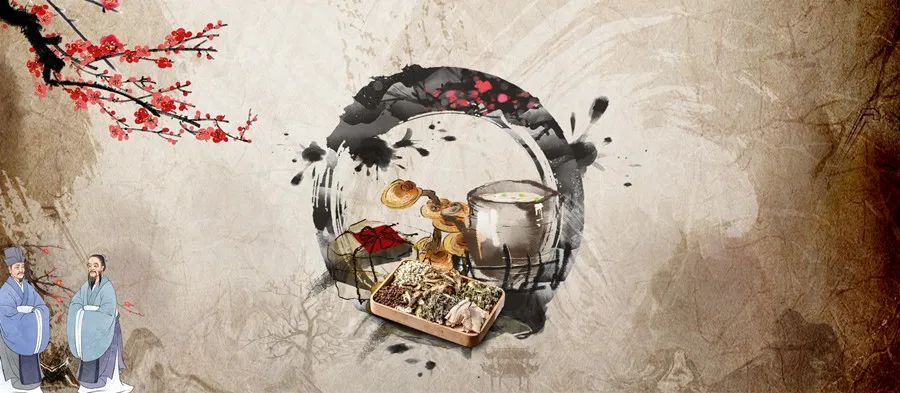
2. Dosage
Chinese medicine decoctions are generally prepared by decocting the herbs 1-2 times and combining the liquid, which is then taken in 2-3 doses, with each dose being 100-200 ml, to be consumed within a day or as directed by a physician.
If the condition is severe, it is possible to take two or three doses in a day; for chronic diseases with a long course, it is not necessary to finish one dose in a day; it can be taken over two or three days; for patients with vomiting or those who are weak, the medicine can be concentrated, starting with a small amount and gradually increasing, taking it in multiple doses; for children taking decoctions, the decoction should be concentrated to reduce the amount taken, with smaller, more frequent doses being preferable to avoid choking.
When using potent or toxic medicines, start with a small dose and gradually increase it, stopping once the desired effect is achieved, and avoid overdosing to prevent toxic reactions or harming the body’s vital energy.
If symptoms such as sweating, diarrhea, or fever reduction occur after taking the medicine, it is advisable to stop the medicine to avoid excessive sweating, diarrhea, or heat-clearing, which may harm the body’s vital energy. This reflects the principle of “large accumulation and large gathering can be offended; reduce it by more than half and stop; excess leads to death.”
3. Temperature of the Medicine
The temperature of the medicine is generally warm. Especially for some medicines that irritate the gastrointestinal tract, such as Gua Lou Ren (Trichosanthes Fruit) and Ru Xiang (Frankincense), taking them warm can harmonize the stomach and benefit the spleen, reducing irritation to achieve therapeutic goals, making it easier for patients to accept.
However, there are some special situations, such as:
1. Medicines for Dispelling Wind-Cold
Medicines for dispelling wind-cold generally have a sweating effect, so they need to be taken hot. In some cases, it may be necessary to drink hot porridge after taking the medicine and immediately lie down under a thick blanket to promote sweating and expel evil qi. Therefore, medicines for dispelling wind-cold are often taken hot.
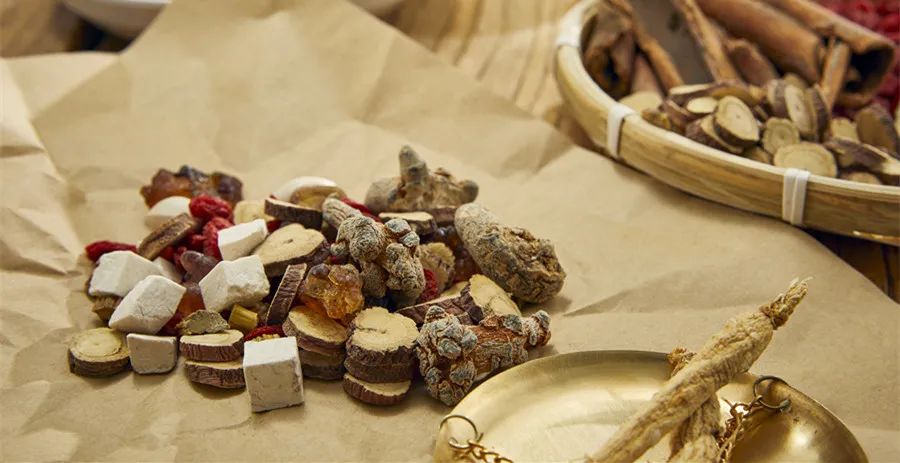
2. Heat-Clearing and Dampness-Resolving Medicines, Heat-Clearing and Detoxifying Medicines, and Anti-Nausea Medicines
Generally, heat-clearing and dampness-resolving medicines, heat-clearing and detoxifying medicines, and anti-nausea medicines should be taken slightly cool, and patients should be advised to avoid spicy foods, beef, and mutton to prevent exacerbating heat evil. This reflects the TCM principle of “using cold to counteract heat” and “using heat to counteract cold,” embodying the principle of treating cold with heat and heat with cold.
3. Application of the “Following Treatment” Method
The “following treatment” method refers to administering medicine according to the patient’s apparent condition. Generally, the treatment method is opposite to the disease manifestation, meaning “cold, heat, warmth, and coolness are treated in reverse.” If the condition presents as a heat syndrome, the decoction can be slightly cooler; if it presents as a cold syndrome, the decoction should be slightly warmer.
However, in some severe cases, a patient may have a true cold syndrome but exhibit false heat symptoms, such as restlessness and facial flushing. In such cases, the treatment principle is also to treat in reverse, using warm medicines. However, if the decoction is too hot, it may cause vomiting, a phenomenon known in TCM as “geju”. In this case, it is advisable to cool the medicine slightly to avoid “geju”.
This is an experience from ancient practitioners, indicating that when using the “following treatment” method, treating true cold with warm medicines, the decoction temperature can be slightly cooler; conversely, when treating true heat with cold medicines, the decoction temperature can be slightly warmer.
In summary, using Chinese medicine to treat diseases is a systematic project. It is not only essential for the physician’s differentiation and prescription to be correct, but also for the quality of the herbs to meet standards, the decoction method to be appropriate, and the scientific method of administration to be a crucial part of the process.
Content compiled from: Guangdong Provincial Administration of Traditional Chinese Medicine, Foshan Traditional Chinese Medicine Hospital, etc.

Editor: Zhou Huajing
Initial Review: Zheng Zhengzheng / Review: Bu Shengyong
Approved for Release: Feng Huajian
Further Reading
“TCM Popular Science” Tips for Healthy Eating During the Transition from Autumn to Winter
Meizhou City Meixian District Traditional Chinese Medicine Hospital Conducts Fire Safety Drill to Strengthen Hospital Safety
“TCM Popular Science” Prolonged Sitting Harms the Kidneys and Spleen; A Health Guide for the “Prolonged Sitting Group”
“Ultrasound Popular Science” Fetal Ultrasound Knowledge – What is NT?
Meizhou City Meixian District Traditional Chinese Medicine Hospital Remains Open During the Spring Festival, Medical Staff Remain on Duty
“TCM Popular Science” How to Avoid Respiratory Diseases During the Transition from Winter to Spring
Meizhou City Meixian District Traditional Chinese Medicine Hospital Remains Open During the Spring Festival, Medical Staff Remain on Duty
“TCM Popular Science” Tips for Healthy Eating During the Spring Festival
[Health Corner] There is a department in the hospital that does not require an appointment, and clinical practice cannot do without it; do you know what it is?
